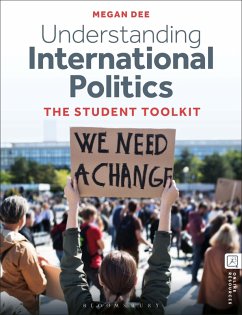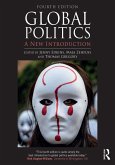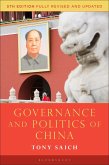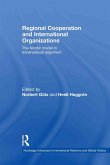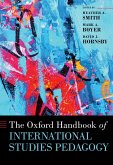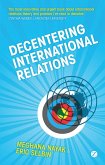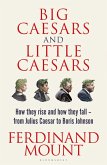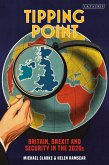- How did today's international systems emerge, and how are they shaped by war, unequal development and international cooperation?
- How do individuals, firms, international organisations, and nation states operate within these systems?
- How can students apply theories of global politics using real-world examples?
Understanding International Politics offers a comprehensive and accessible guide to the key systems, actors, and issues of international politics. It covers core concepts and questions for political study, and presents a 'toolkit' that enables students to apply theory and historical context in independent research. This introduction frames complex international systems coherently by focusing on political players, and, as a single-authored work, delivers a consistent critical approach throughout.
This authoritative and clearly organised textbook offers:
- Contemporary examples and case-studies for approaching international relations from the perspective of its actors
- 'How to' guides, including methods for constructing an argument, conducting analysis, and preparing a policy brief
- Companion digital resources for both students and lecturers, including lecture slides, a testbank, role-play exercises, and discussion materials, adaptable to various class sizes
- A thorough grounding in Marxist, feminist and postcolonial perspectives, as well as more traditional viewpoints
- How do individuals, firms, international organisations, and nation states operate within these systems?
- How can students apply theories of global politics using real-world examples?
Understanding International Politics offers a comprehensive and accessible guide to the key systems, actors, and issues of international politics. It covers core concepts and questions for political study, and presents a 'toolkit' that enables students to apply theory and historical context in independent research. This introduction frames complex international systems coherently by focusing on political players, and, as a single-authored work, delivers a consistent critical approach throughout.
This authoritative and clearly organised textbook offers:
- Contemporary examples and case-studies for approaching international relations from the perspective of its actors
- 'How to' guides, including methods for constructing an argument, conducting analysis, and preparing a policy brief
- Companion digital resources for both students and lecturers, including lecture slides, a testbank, role-play exercises, and discussion materials, adaptable to various class sizes
- A thorough grounding in Marxist, feminist and postcolonial perspectives, as well as more traditional viewpoints

